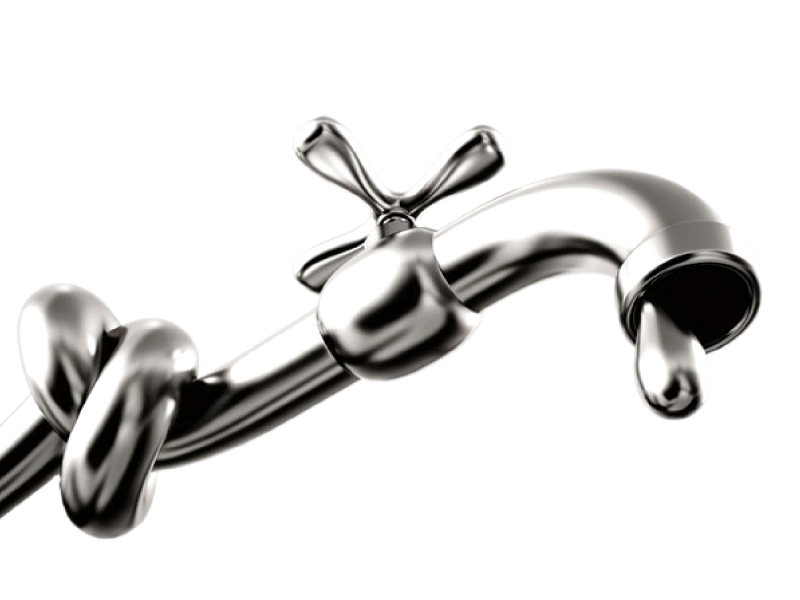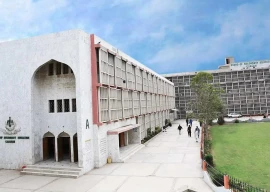
The federal government has decided to restart the much-awaited Murree Bulk Water Supply project that has been stalled since 2006.
The project was initiated by former Punjab chief minister Pervez Elahi in 2006 in a bid to end the chronic water shortage in Murree and was to be completed by December 2008. However, in the last five years, the ruling provincial government, Pakistan Muslim League-Nawaz (PML-N), did not take any interest in the project.
Since the PML-N is now in the centre, Prime Minister Nawaz Sharif has ordered to restart the project, said an official of the Punjab government.

Public Health Engineering Department (PHED) Superintendent Ahsan Nawaz told The Express Tribune that the government has decided to restart the project after the prime minister chaired a meeting in August this year to review the hill station’s development projects. The premier ordered immediate revival of the project.
The official said the city’s existing water supply schemes will also be upgraded on the premier’s directions. He said the department had sent a request to the Punjab government to release Rs1.5 billion to initiate the project. “Hopefully, the amount will be released at the end of this month,” the official added.
A 132KV grid station will be established by the Water and Power Development Authority at Chaprian at the cost of Rs1billion. The station will power a filtration plant near Jhelum River and several pumping stations that would take water up the hills.

In May 2012, the Punjab government had stopped funding the project after a delay of four years, despite the fact that several billions of rupees had been spent. In December 2012, the then provincial government had stated during a related hearing before the Lahore High Court’s (LHC) Rawalpindi bench that the cost of the project had escalated to Rs7.5 billion.
Murree’s residents have been facing severe water shortage and have been deprived of drinking water for some time. According to an official of the district government, the daily demand of water in the city is 10 million gallons, but presently only 500,000 gallons are provided through the Haro River by rationing.
However, in the peak season, the demand shoots up to 30 million gallons per day. Civil society activists and local government representatives had earlier expressed serious concerns against the project’s suspension and had approached the Rawalpindi bench of LHC where the case is still pending.
Published in The Express Tribune, October 5th, 2013.





1732949830-0/BeFunk_§_]__§-(5)1732949830-0.jpg)
1732947071-0/BeFunk_§_]__§-(4)1732947071-0.jpg)










COMMENTS
Comments are moderated and generally will be posted if they are on-topic and not abusive.
For more information, please see our Comments FAQ